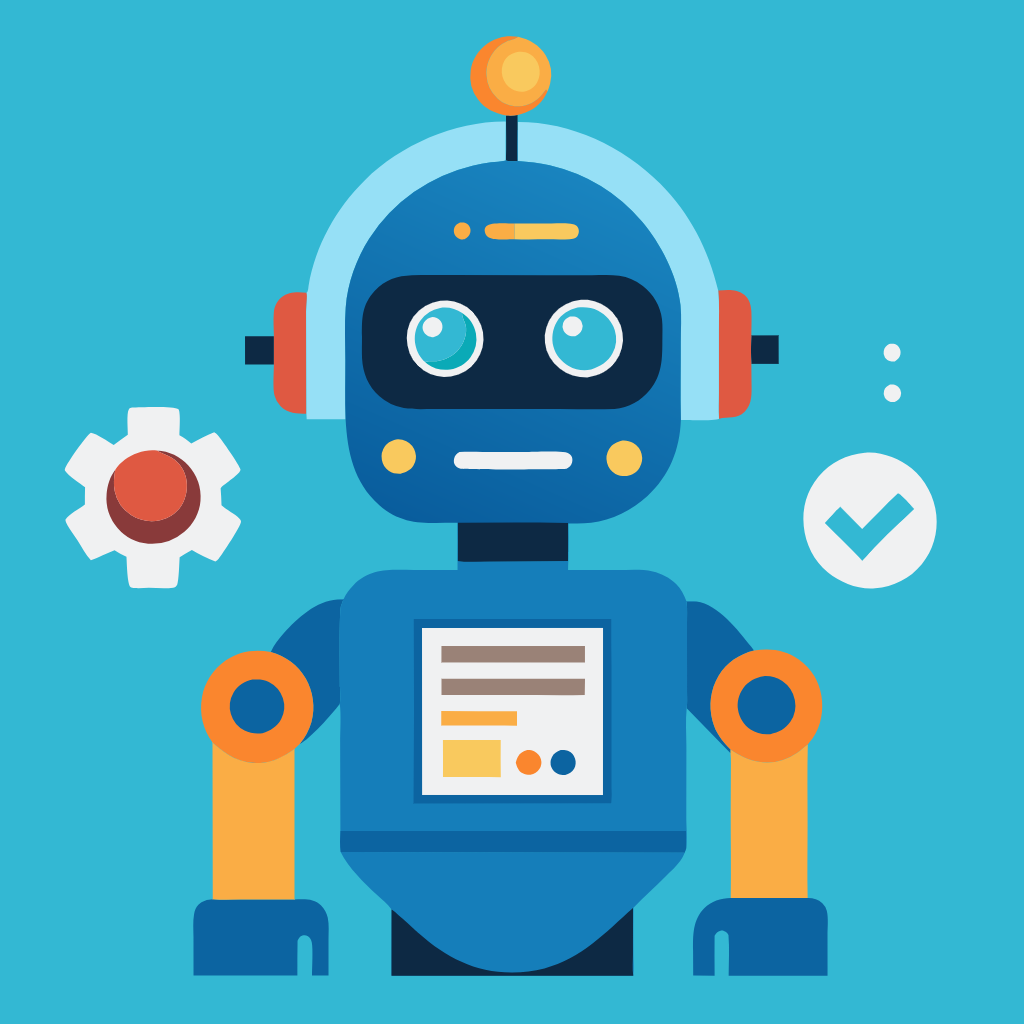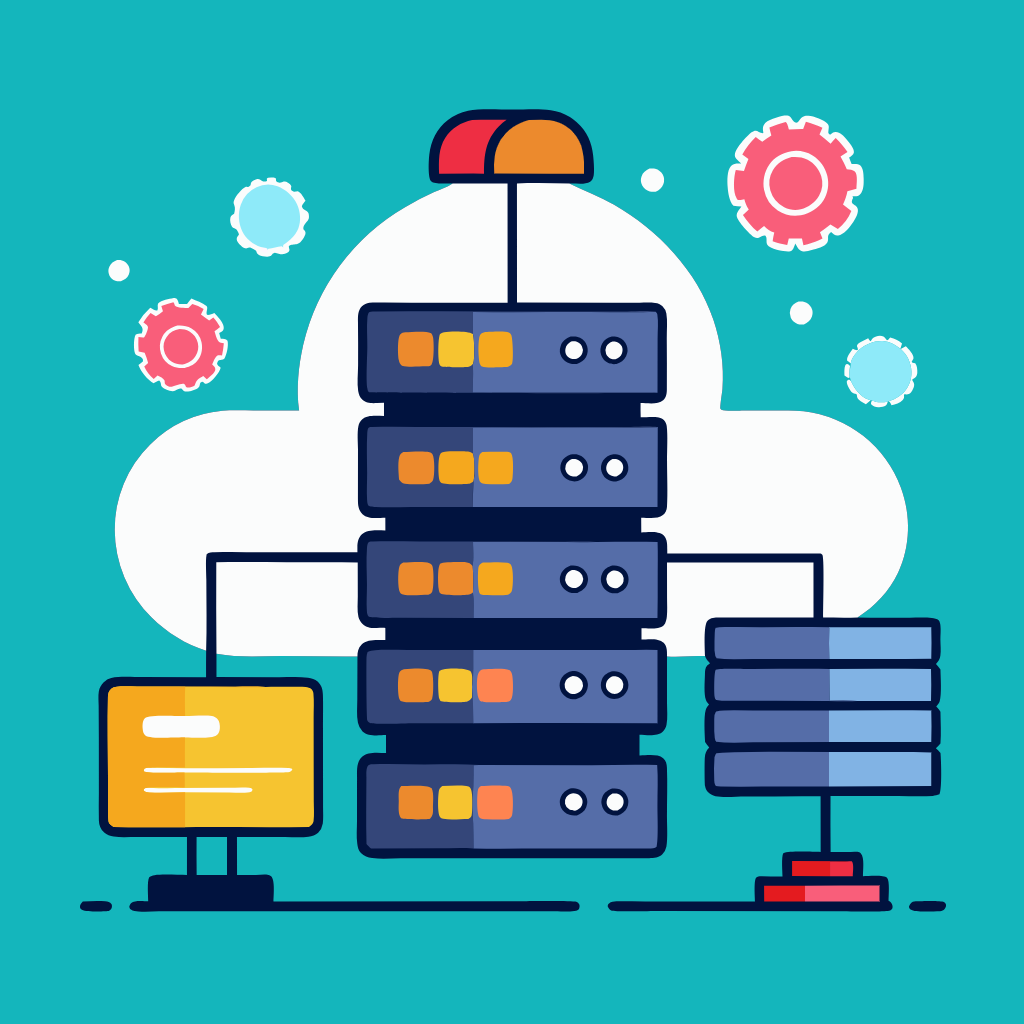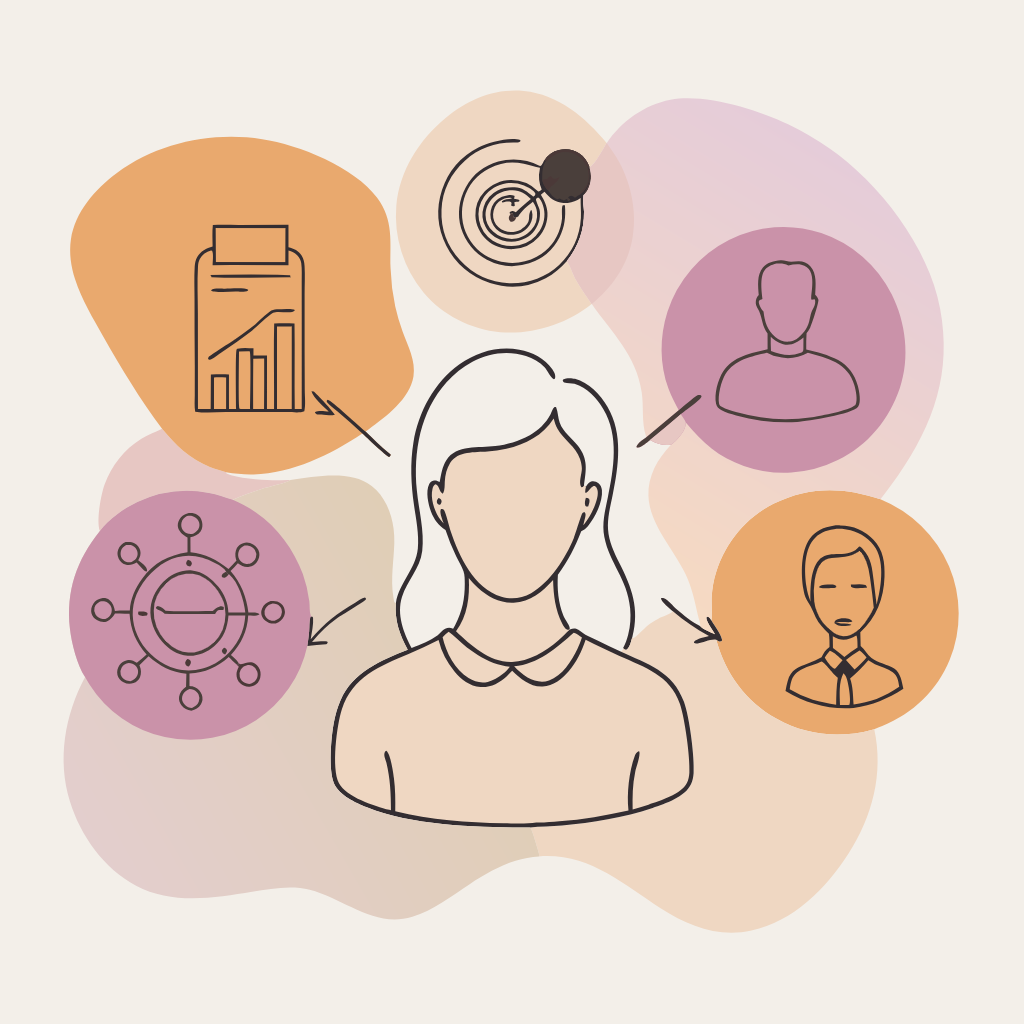In today’s rapidly evolving technological landscape, the transformative potential of artificial intelligence (AI) is more evident than ever. AI is not just a tool for innovation but a force capable of driving significant social impact, improving equity, and reshaping societies. However, realizing this potential requires responsible and ethical deployment, ensuring that AI benefits everyone without exacerbating existing inequalities.
AI’s Pivotal Role in Social Innovation
AI is being leveraged to address pressing societal issues. Based on insights from 300 social innovators across 50 countries and 90 initiatives, the report highlights three primary areas where AI is making significant contributions: healthcare, environmental sustainability, and economic empowerment.
In healthcare, AI is revolutionizing access and quality. For instance, the Nigerian organization LifeBank uses AI to manage healthcare logistics, ensuring timely delivery of essential supplies like blood and oxygen to hospitals. This technology not only improves efficiency but also saves lives by predicting demand and optimizing supply chains.
Overcoming Barriers to AI
Despite its potential, the integration of AI in social innovation faces several hurdles. These include data biases, ethical dilemmas, technical complexity, and the need for substantial resources. Additionally, a noticeable gender gap persists, with only 25% of AI-driven social innovation initiatives led by women. Addressing these challenges requires concerted efforts to democratize access to AI technologies and promote inclusive practices.
One inspiring example is the social enterprise Dimagi, which developed a chatbot to assist healthcare workers in Malawi. By employing natural language processing (NLP) and machine learning (ML), the chatbot can communicate in local languages and provide critical health information, enhancing the capabilities of frontline workers and improving patient outcomes.
The Benefits of AI in Social Innovation
AI offers numerous benefits that can amplify the impact of social innovation initiatives. It enhances efficiency by automating routine tasks, allowing organizations to focus on strategic activities. AI-driven analytics provide deep insights, enabling data-driven decision-making and real-time responsiveness. Personalization capabilities ensure that interventions are tailored to individual needs, increasing their effectiveness.
For example, Apollo Agriculture in Kenya uses AI to provide personalized farming advice to small-scale farmers. By analyzing data on weather patterns, soil conditions, and crop performance, the platform helps farmers optimize their practices, leading to increased productivity and profitability.
Building a Robust AI Ecosystem
A thriving AI ecosystem is crucial for the success of social innovation. The white paper identifies a range of global resources available to social innovators, from AI initiatives and data platforms to educational programs and conferences. However, there is a pressing need for more localized solutions that address the specific needs of different regions and economic contexts.
High Resolves, an educational organization, exemplifies this approach by using AI to overcome connectivity challenges in underserved regions. By implementing AI-driven learning via SMS, High Resolves provides personalized education to students in remote areas, demonstrating how AI can bridge the digital divide and empower communities.
Moving Forward: Collaboration and Ethical Deployment
The future of AI in social innovation hinges on collaboration between social innovators, technologists, policy-makers, and communities. Ethical considerations, security concerns, and societal impacts must be at the forefront of AI development and deployment. The Alliance plays a pivotal role in this, supporting efforts to build inclusive and sustainable AI ecosystems.
As we look ahead, embracing AI’s transformative potential while addressing its challenges will pave the way for a future where technology and social progress go hand in hand. By harnessing AI responsibly, we can drive positive change, creating a more just and equitable world for all.
Conclusion
AI stands as a powerful ally in the quest for social innovation, with the capacity to scale solutions, personalize interventions, and extend the reach of social initiatives. By embracing the advantages of AI and addressing the associated challenges, stakeholders can pave the way to a future where technology and social progress are intertwined, leading to a more just and sustainable world for all.
Discover more from Susiloharjo
Subscribe to get the latest posts sent to your email.





